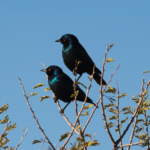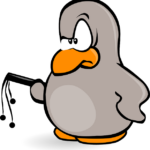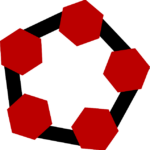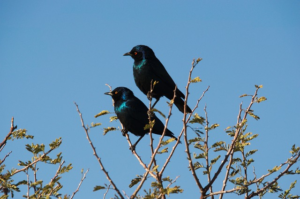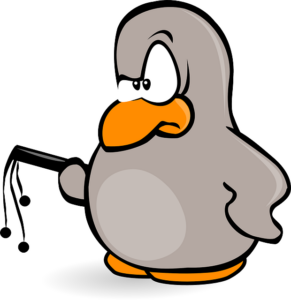On February 19, 1616, the Inquisition consulted a group of theologians regarding Galileo's belief in the heliocentric model of the universe. Just five days later, the theologians concluded that this view was illogical and unreasonable in terms of philosophy. Galileo was later accused of heresy in 1633 and was placed under house arrest for the remainder of his life. In present-day Western societies, academics are typically not imprisoned for expressing views considered absurd or heretical. However, there have been instances over the past decade where academics have faced consequences such as cancellation, sanctions, or dismissal for exercising their right to free speech, which is sometimes referred to as the free speech crisis.
The Office for Students released guidance in March on how English institutions can protect free speech while staying within the law. An article in Times Higher Education by Naomi Waltham-Smith and James Murray criticized the guidance for providing too much protection for lawful speech. The authors argue that academic work should be related to the researcher's expertise and meet professional standards to qualify for academic freedom. They also mention that the boundaries of academic freedom need to be carefully maintained to uphold the authority of academic expression. However, it is unclear who should oversee these boundaries and determine the value of academic expertise in various fields, especially in areas such as arts, humanities, and social sciences. There is often confusion about what constitutes "professional standards," as pointed out by David Card and Alan B.
The 1995 study by Krueger, which went against popular beliefs on minimum wage, was once compared to defying a fundamental law of nature. However, this study later received a prestigious award. When it comes to protecting academic freedom rights, mainstream academic experts are typically consulted. They may not always support unconventional or controversial research that challenges established norms, much like how theologians reacted to Galileo's work. Nonetheless, it is in these contentious cases that the safeguarding of academic freedom becomes crucial. Academic freedom should not be constrained by specific fields of study and should extend beyond disciplinary boundaries.
Academics from different backgrounds can bring fresh perspectives to a field of study and challenge established beliefs. Despite facing backlash for his groundbreaking research on puberty blockers, sociologist Michael Biggs was supported by the University of Oxford to continue his unconventional work. The concept of academic freedom should not be limited to research expertise, as suggested by Waltham-Smith and Murray, as this could hinder important contributions like Waltham-Smith's critiques of gender-critical work.
Biggs was fortunate compared to others who faced negative repercussions for their work. Noah Carl, a postdoctoral researcher at the University of Cambridge, was dismissed in 2019 due to criticism of his research from individuals who claimed it was morally questionable and methodologically flawed. Similarly, Nathan Cofnas, an interdisciplinary philosopher, is currently under scrutiny for his essay on heredity and group differences. Emmanuel College at Cambridge ended its association with Cofnas in April, suggesting that his essay could be seen as going against Diversity, Equity, and Inclusion policies. A University of Cambridge investigation is ongoing to determine the outcome of Cofnas's position.
The guidance provided by OfS has been criticized by Waltham-Smith and Murray for not fully considering the "proportionality analyses" related to Article 10(2) of the European Convention on Human Rights. However, it is important to note that the convention sets a minimum standard rather than a maximum limit for freedom of speech. The Higher Education (Freedom of Speech) Act mandates that institutions must take practical steps to protect academic speech, unless it is illegal or violates a convention right. Article 10(2) does not establish new rights or obligations, so claims about restrictions on freedom of expression are unfounded. Additionally, there is no factual basis for the argument that following the guidance could lead to harm.
The text extensively discusses issues related to discrimination and harassment, stating that institutions are not legally required to protect individuals from sustained personal attacks. Even if certain types of bullying are not explicitly illegal in England, universities are encouraged to take practical measures to uphold freedom of expression. The guidance also suggests that regulations on behavior may be acceptable as long as they do not favor a particular viewpoint. In 1644, John Milton wrote Areopagitica, a work championing the idea that truth should be allowed to confront falsehood without suppression by authorities. The ongoing struggles for free speech and academic freedom are highlighted, echoing the sentiments expressed in Areopagitica nearly four centuries ago.
The guidance from the OfS is considered to be a positive and encouraging document that introduces a fresh perspective on academic freedom. It is important that this guidance remains strong without any dilution. Abhishek Saha is a math professor at Queen Mary University of London, while Ian Pace is a professor of music, culture, and society at City, University of London, both speaking in their personal capacities.
Please remember to close the paragraph tag.
